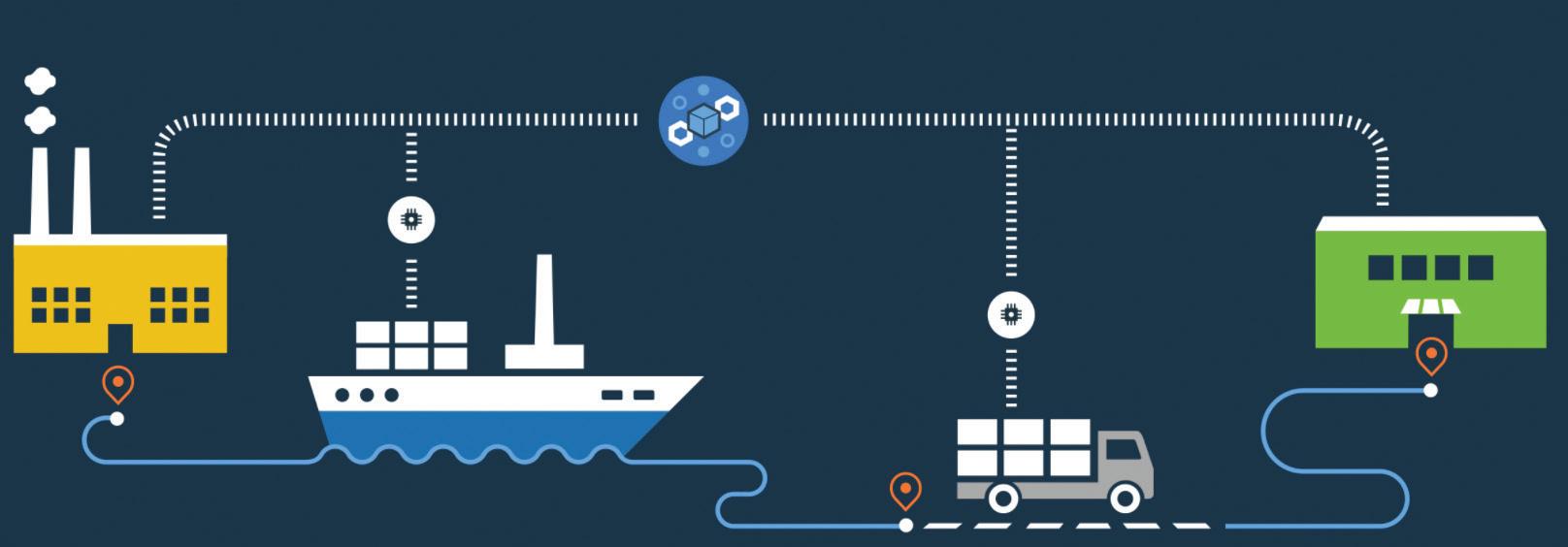
3 minute read
BlockchAin AnD ThE FUTURE oF oUTSoURcing in BioTEch
Blockchain
and the future of outsourcing in Biotech
Advertisement
Blockchain entered the public’s awareness when Bitcoins and other digital cryptocurrencies began hitting the headlines. As the underlying system that facilitated the transaction of digital funds, blockchain could not escape the notoriety attached to the idea of a clandestine exchange of cryptocurrency in the so-called Dark Web.
However, it didn’t take long for banks and investment companies to realize the potential of blockchains in the financial industry. Pretty soon other top tech companies such as IBM, Amazon, and Microsoft have begun offering enterprise firms a way to incorporate blockchain networks into their businesses.
Can blockchain help biotech companies enhance their outsourcing process?
Definitely, says Bill Fearnley, research director for worldwide blockchain strategies at analyst firm IDC. Speaking at a recent blockchain conference sponsored by the Information Technology Association of Canada (ITACT) in Toronto, the IDC analyst noted that financial services, retail, manufacturing, and supply chain, government, and healthcare are among the verticals where blockchain technology can make its mark.
“The supply chain has embraced blockchain. The most obvious use is in track and trace,” according to Fearnley.
Track and trace is a big sell for blockchain.
For example, IBM’s Watson Internet of Things (IoT) platform now with blockchain integration. The blockchain’s distributed replication allows business partners to verify each transaction. This removes the need for central control and management. The blockchain records what each participant does and everyone is accountable for the overall transaction.
Blockchain allows digital information to be distributed but not copied. Think of it as a giant accounting ledger which resides on the Internet. This ledger is arranged in batches of data called blocks. The blocks use cryptographic validation to link to each other.
Each block references and identifies the previous block forming an unbroken chain. This serves as a built-in validation that cannot be tampered with. Old transactions are retained forever in the blockchain. New transactions are added to the chain.
Data in any given block cannot be altered without affecting succeeding blocks. Changes cannot be made with the collusion of the network members.
One important bonus – the blockchain is distributed. It does not exist in one place, it exists in multiple computers of members of the particular blockchain network.
“A blockchain is an immutable record,” says Fearnley. “It provides security and permanence of data enabling the establishment of identity, the management of provenance of assets as well as date-stamping and geostamping events, and more.”
In the context of outsourcing, biotech companies can create a blockchain dedicated to monitoring and recording the activities associated with various service providers it needs to manufacture a product.
One of the advantages of a blockchain is that it enables the use of so-called smart contracts or self-executing contracts.
Rather than go to the process of hiring a lawyer to draw a contract to cover payment for services rendered, smart contracts can be configured to release a certain amount of funds to particular providers when they have completed a certain task.
Much like traditional contracts, smart contracts can be programmed to define rules and penalties around an agreement. One difference is that smart contracts can automatically enforce these rules and penalties.
Blockchain technology can also be used as an electronic system for processing marketing authorization submissions and updates to global regulatory authorities. Manufacturers can use it as blockchains as a digital ledger for managing required documentation and correspondence.
Clinical trial management is another area where blockchains can be of use. For instance, as more laboratories work with large molecules and compounds that originate from various places, an immutable record becomes indispensable for validating information associated to various stages of clinical trials especially when laboratories are located in different parts of the globe.
To see this story online visit www.biotechnologyfocus.ca/blockchainand-the-future-of-outsourcing-in-biotech/




